
China
15:47, 09-Mar-2018
Ask China: Environmental law helps NGOs win 'war on pollution'
CGTN - Liu Chen, Song Boer, Geng Zhibin
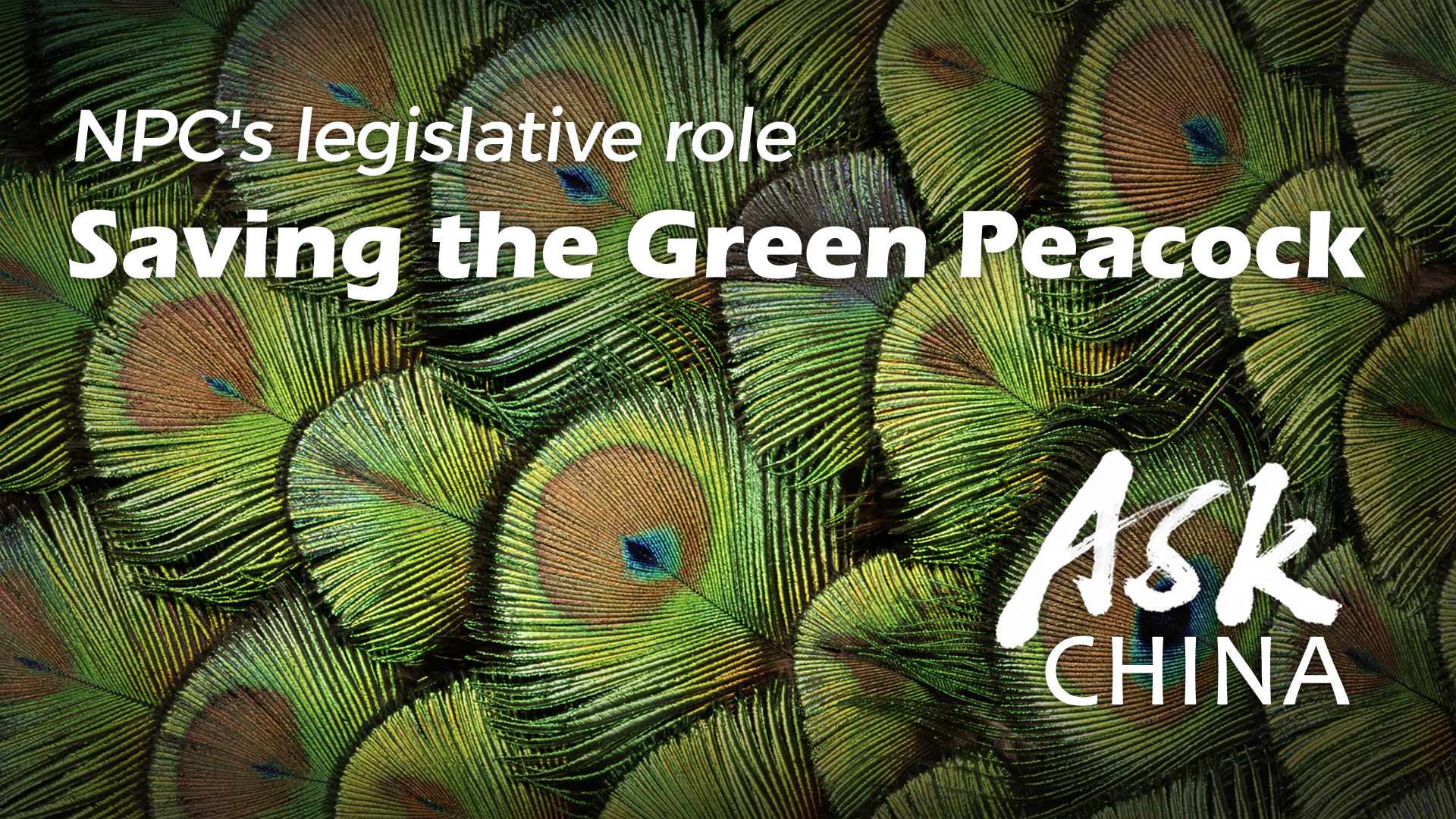
On January 1, 2015, the revised Environmental Protection Law (EPL) came into effect in China, with amendments further demonstrating China’s effort to reduce pollution.
Article 58 of the EPL allowed social organizations to initiate public interest lawsuits, provided that they are registered at the municipal level or above, and have been involved in public service activities in environmental protection for five consecutive years and has a clean record of not violating any laws.

CFP Photo
CFP Photo
Since then, public litigation has increased. China’s industrial tycoons were faced with increasing penalties and growing social pressures over environmental disruption. Courts in the country were encouraged to take environmental cases following the Supreme Court’s approach.
“In the past, only the government was eligible to bring a environmental protection lawsuit,” said Professor Wang Canfa from China University of Political Science and Law. “The amended EPL marked significant progress in the area of public interest litigation in China.”
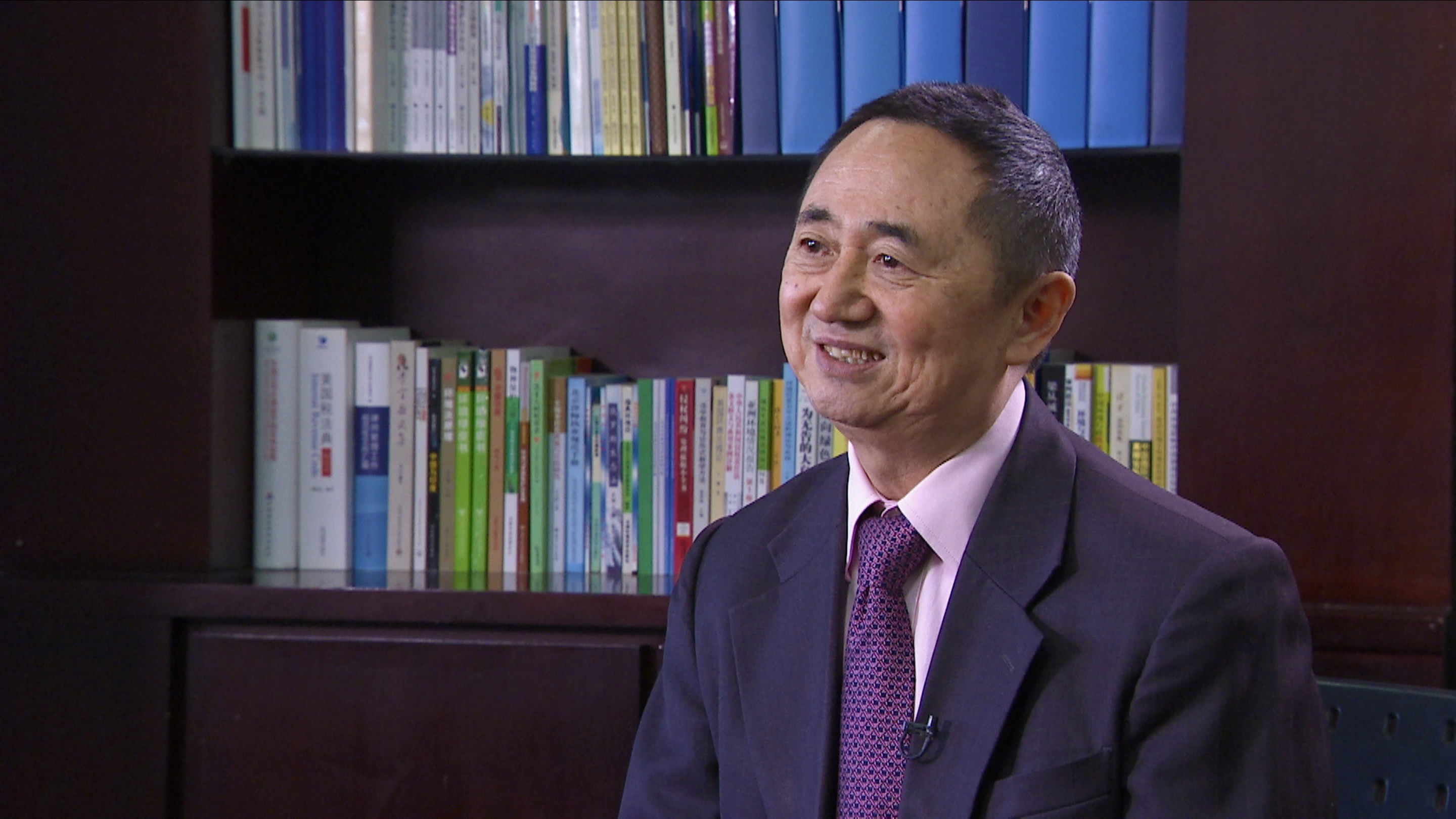
Professor Wang Canfa, China University of Political Science and Law. / CGTN Photo
Professor Wang Canfa, China University of Political Science and Law. / CGTN Photo
In April 2016, Guangdong Nanling National Geographic Park paid a fine of five million yuan (789,527 US dollars) for disrupting a natural conservation area for road building.
In July 2016, Shandong Zhenhua Group was fined 21.98 million yuan (3.47 million US dollars) for violating laws on controlling sulphur-dioxide emissions.
In March 2017, six chemical corporations in east China’s Taizhou city pleaded guilty to pouring acid in a city canal and paid penalties worth 2.74 million yuan (432,661 US dollars).
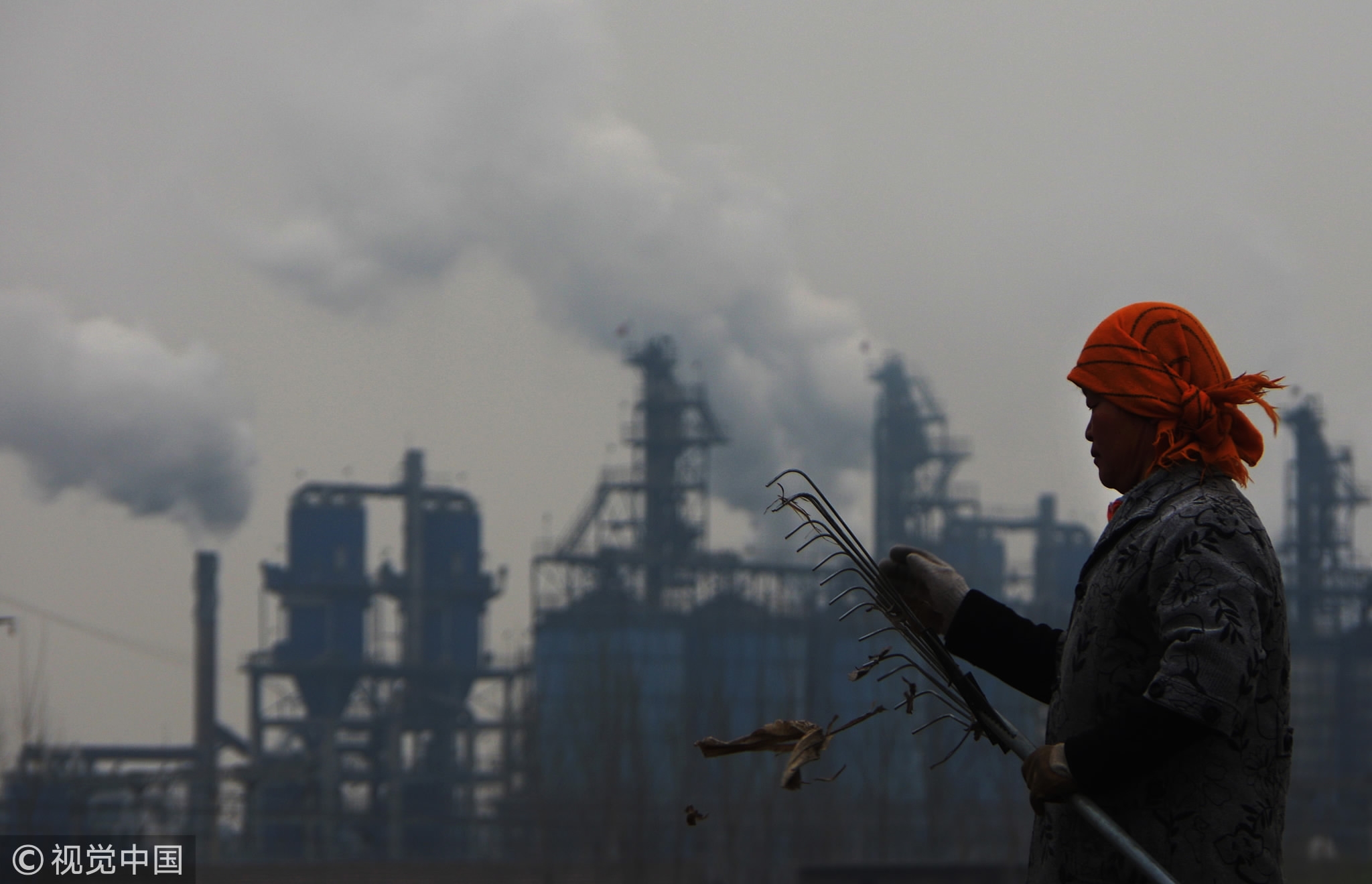
CFP Photo
CFP Photo
Friends of Nature, a Beijing-based non-governmental organization (NGO), gained the right to prosecute suspected private enterprises after January 2015.
“It used to be very upsetting because nearly every lawsuit we brought up was denied by the court,” Zhang Boju, secretary of Friends of Nature told CGTN. “But now, things are different.”

Zhang Boju, secretary of Friends of Nature. /CGTN Photo
Zhang Boju, secretary of Friends of Nature. /CGTN Photo
In February 2017, Friends of Nature has already brought 30 public interest lawsuits, accusing companies of violations in air and water pollution, as well as various environmental disruptions.
The latest case was against a hydropower station in southwest China’s Yunnan Province. The ongoing construction commercial hydropower station will allegedly touch the natural habitat of the endangered green peacocks whose number is even lower than giant pandas.
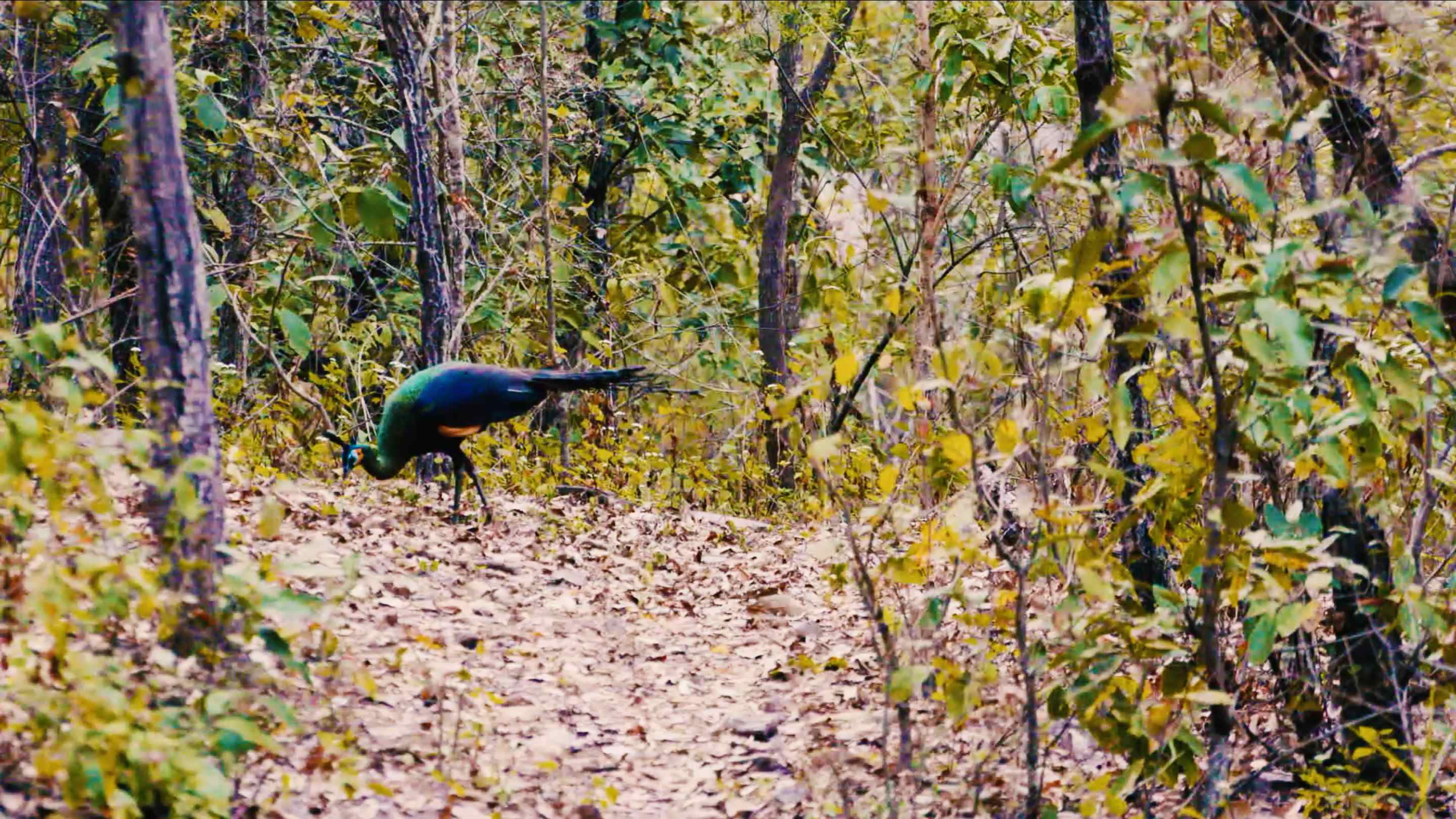
The green peacock. /Friends of Nature Photo
The green peacock. /Friends of Nature Photo
“The green peacock’s living space will be drowning once the station impounds water along the valley,” said Zhang.
Zhang and his colleagues started collecting evidence in February 2017. Two months after, the hydropower station was forced to stop construction.
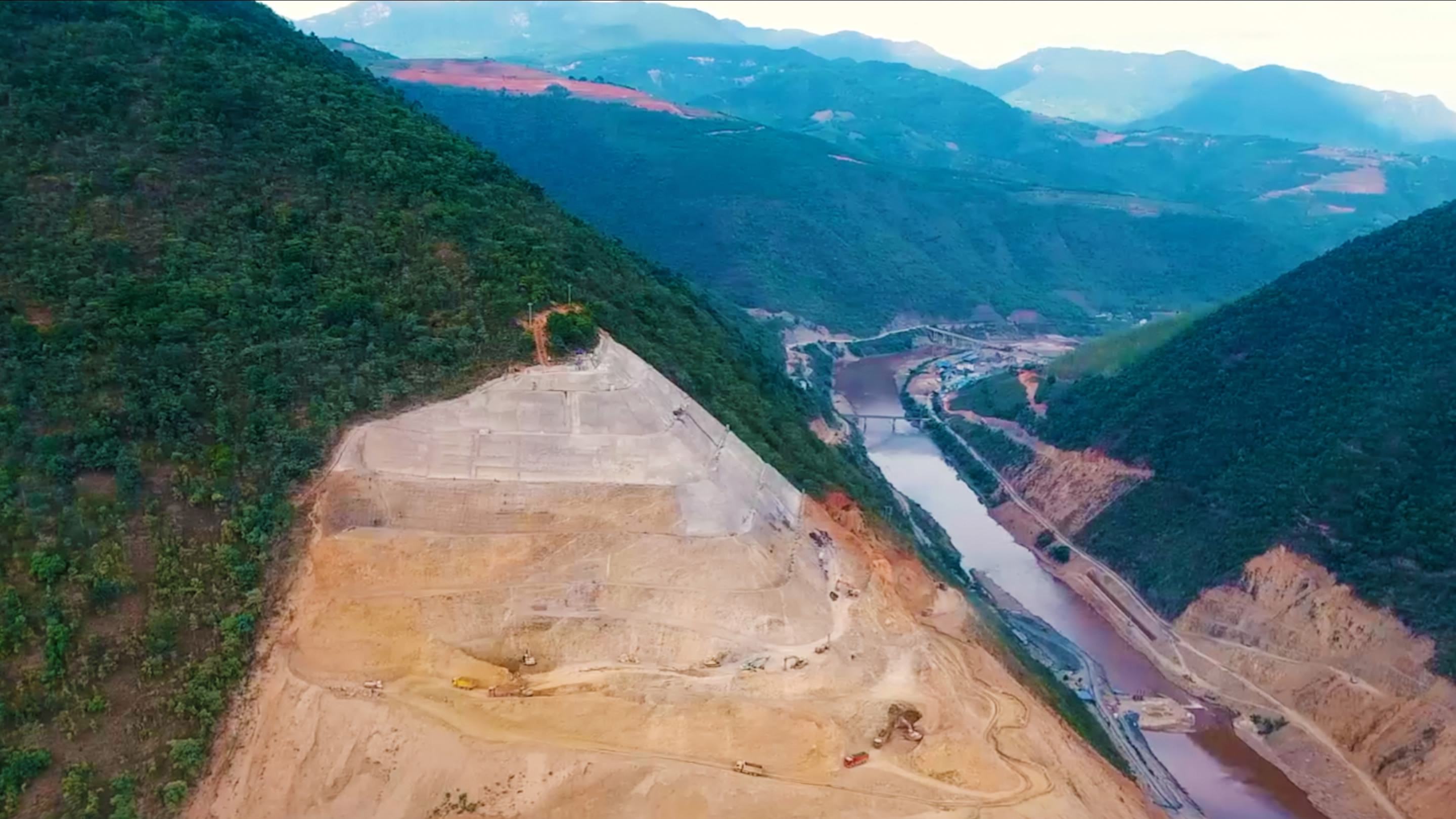
The site of the commercial hydropower station in Yunnan Province. /Friends of N Photo
The site of the commercial hydropower station in Yunnan Province. /Friends of N Photo
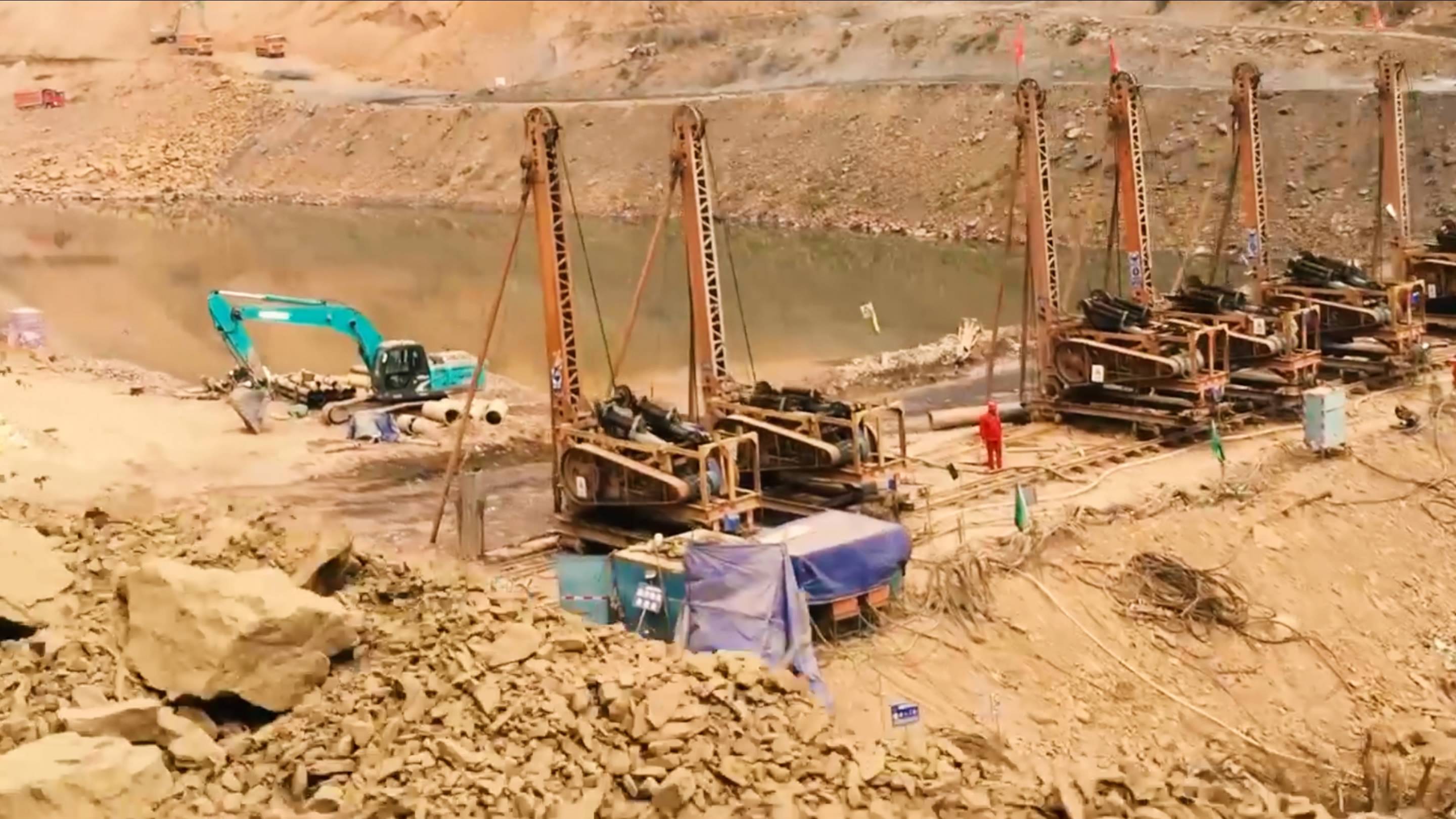
The site of the commercial hydropower station in Yunnan Province. /Friends of Nature Photo
The site of the commercial hydropower station in Yunnan Province. /Friends of Nature Photo
“There are still a few controversial points in the amended EPL,” said Wang. “For example, it should define who has authority over the money that the violators pay as penalty, especially for lawsuits brought by NGOs." New legislation and policies are needed to give further support to NGOs and private prosecutors.
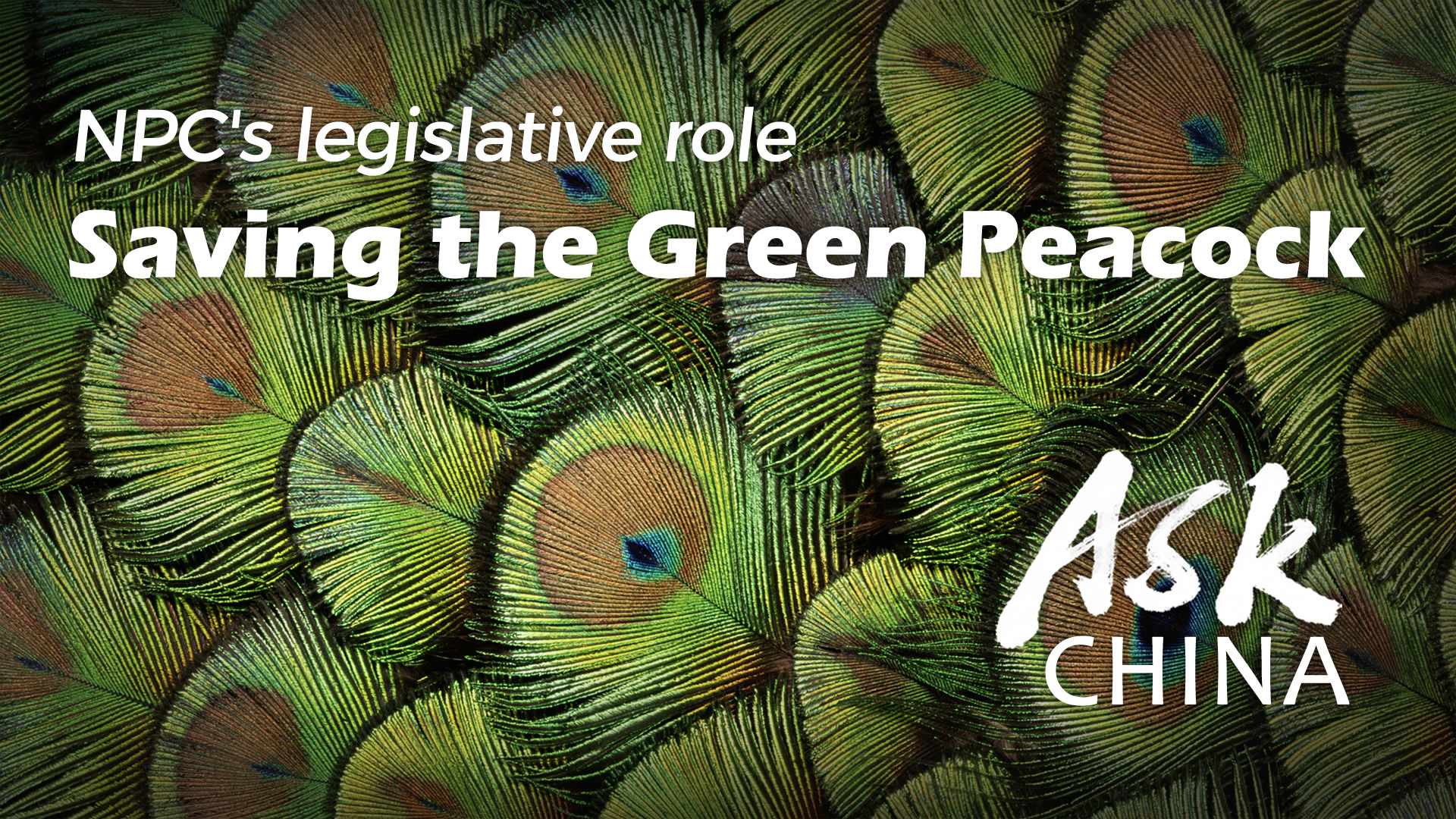

SITEMAP
Copyright © 2018 CGTN. Beijing ICP prepared NO.16065310-3
Copyright © 2018 CGTN. Beijing ICP prepared NO.16065310-3